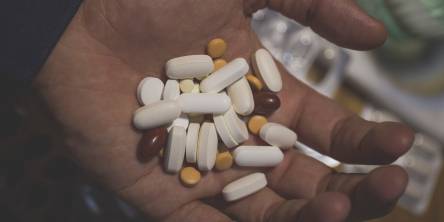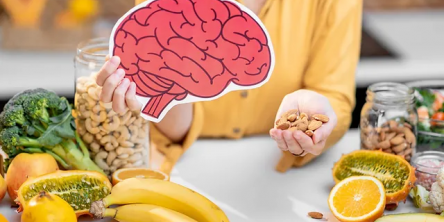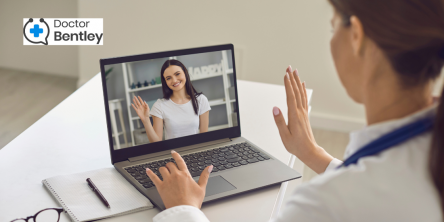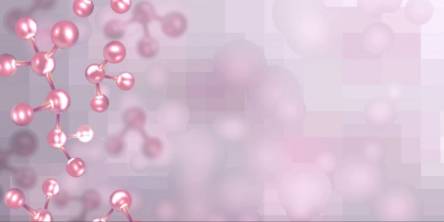How Big Data Affects the Healthcare Industry

Unless you have been living under a rock, you know that the world has experienced a massive surge in the quantity of data it generates. Now, this shift has had different ramifications for different industries. But if there is one thing in common to all of them through this period of change, it has been their need for tools that can help companies make sense of this data instead of letting it all go to waste. As the cliché goes — Data is the new oil! And, driven by this shift, has come up with a plethora of solutions and tools to help make the best use of all the data we are generating. There is artificial intelligence, machine learning, and whatnot, but when it comes to information, there is no modern technology that is as important as Big Data.
So potent is this technological novelty that researchers and experts all over the world have put it to use in more fields and industries than you would be able to guess. One of the essential applications of Big Data has been in the healthcare industry. Why? Because no other sector has been able to leverage and pioneer as much change as healthcare has with Big Data. It becomes even more critical in view of the fact that medical records and medical data are now being increasingly digitized. And let us not forget all about the humongous amount of data the industry generates every single day. Suffice it to say that Big Data fits right in this industry. But one is still bound to wonder precisely what change Big Data has enabled in the healthcare industry and how it has come to be so crucial in this context. So, we put together a list to help you understand exactly that.
1. Better monitoring and avoid errors: Thanks to IoT, doctors now have access to more crucial data about their patients. However, given the vast amount of data everyone generates and that all of it can be important in the medical context, it becomes imperative to peruse this data. What big data then do is execute an in-depth analysis of all this data, including symptoms, existing conditions, prescriptions, and more to give the doctor an extensive overview of their patient, thus enabling improved health care. This analysis can also be used to ensure that patients’ medications don’t hurt them because of unforeseen drug interaction, etc.
2. Enhanced recommendations system: When doctors have access to an in-depth view of their patients, including all and any ailments, medications, existing conditions, and more. They could offer better and more informed recommendations to them about diagnostic tests, remedies, treatment plans, and so much more. And it can also be used for patients, i.e., such systems can be used to deliver recommendations for physicians, specialists, and more to patients based on their requirements, preferences, filters, and more.
3. Improved performance: Now, everyone knows that hospitals, as well as other healthcare facilities, can be pretty chaotic. That’s just how things tend to be in this field. However, this can prove to be quite a problem in the context of emergency rooms that could end up impeding the critical goal of emergency rooms, i.e., tend to patients in need of urgent care. But big data can help here too — an analysis of the emergency room related data can be leveraged to adapt ER workflows to enhance its efficiency and, with it, its performance.
There is no doubt that big data stands to help healthcare in more than one way. And there is a tool one can use to effect better change: Surveys. Yep, healthcare survey tool development can empower the company to gain a better understanding of the attitudes, opinions, and experiences of people they serve and use it to identify areas of inefficacy and so much more.
Similar Articles
There are so many benefits if we have strong stamina as stamina plays an important role in our healthy life activities. There are many ways to better our stamina as Ayurveda provides herbs, remedies, and exercises to improve stamina in natural ways.
Discover the transformative power of individual therapy in substance abuse recovery. Explore the profound impact on personal healing and recovery journeys.
Anatomically speaking, the most common definitions of the brain suggest it to be one of the largest and most complex organs of the human body made up of billions of cells called nerve cells or neurons which transmit electrical and chemical messages to each other via synapses and which in turn, is responsible for integrating sensory information and directing motor responses.
Cold sores are the worst blisters caused by herpes simplex type 1 virus. If you have ever had them, you can feel the pain to date. Cold sores fully develop and vanish within two weeks. These are also called fever blisters.
The hairs are the most important part of your personality. It doesn't matter if your life is perfect or not but you can be perfect if you have flawless hair. Hairs give you confidence as a great hairstyle is the best accessory. There are some quotes on hair as well like “When she flips her hair the world sees her shine”.
Addiction, a complex and multifaceted condition, affects individuals in uniquely personal ways.
More and more, telemedicine technology is being used to bring specialised medical treatment, i.e. best online medical consultation, to impoverished areas and groups for whom travel is challenging.
Telecare consultations are remote visits with healthcare experts via video calls and text messaging through authorized platforms. Patients get proper analysis and treatment through online medical consultation. These platforms are safe and convenient. Individuals can get access to various telehealth services through these certified portals.
Learn the differencet between NAD and NADH in this informative guide. Learn their roles in cellular energy and metabolism.









